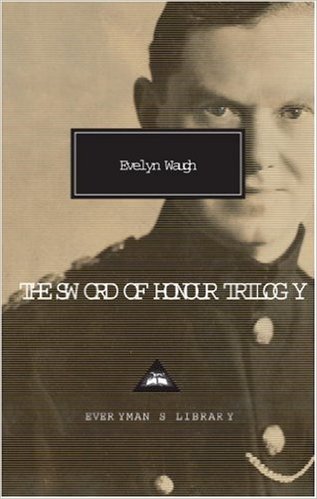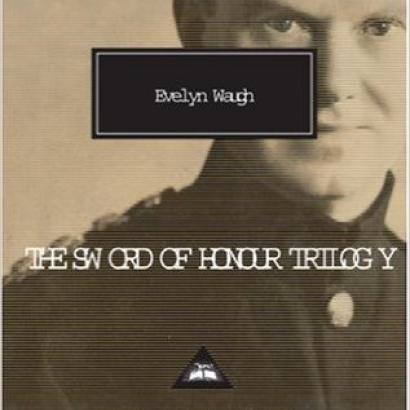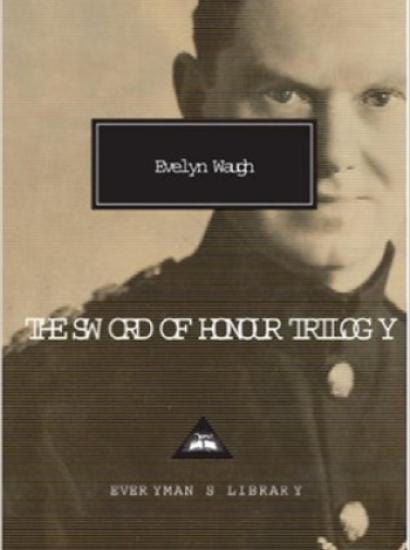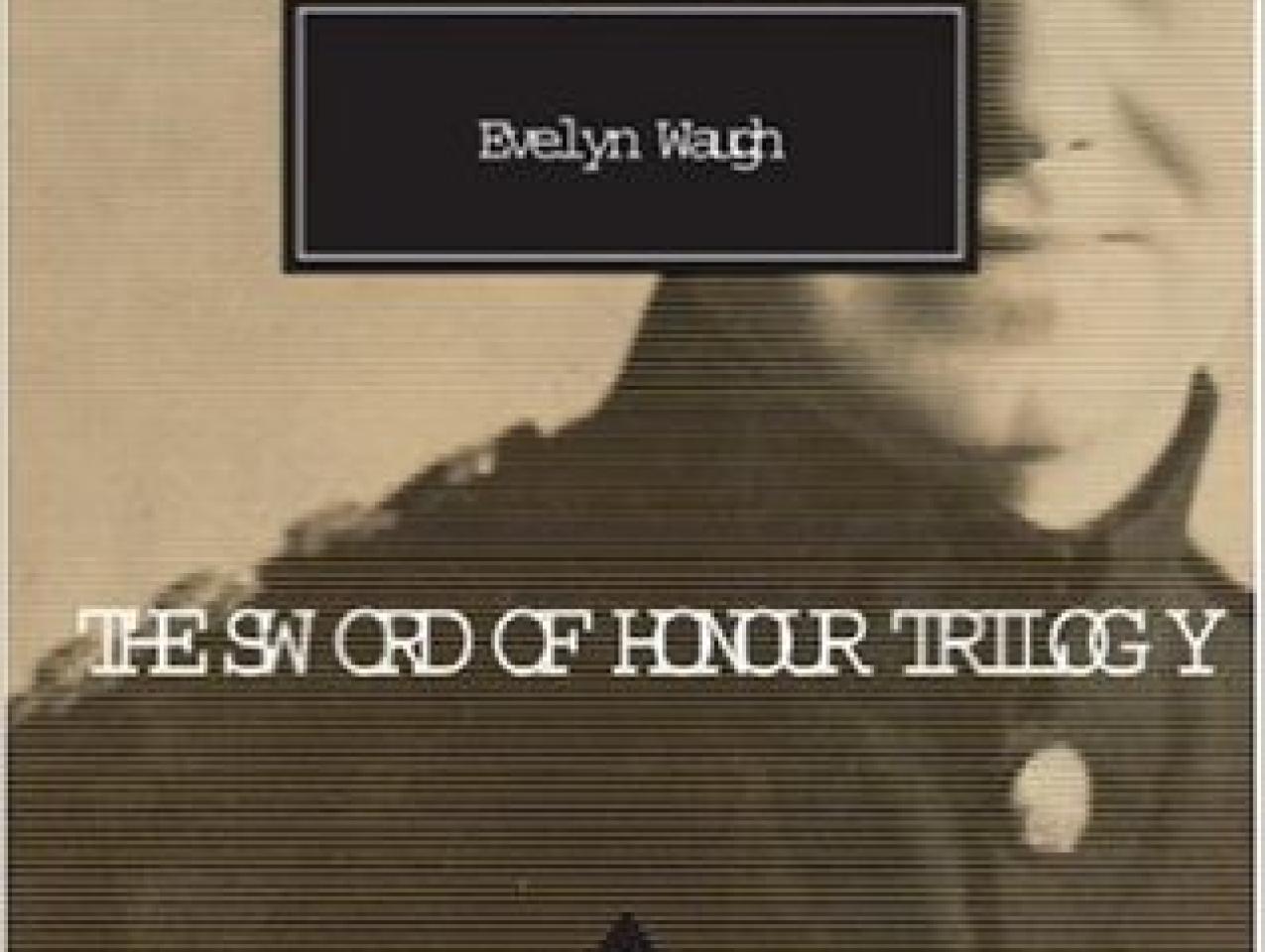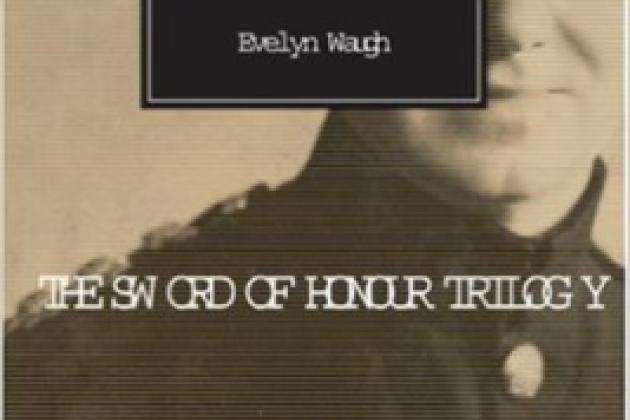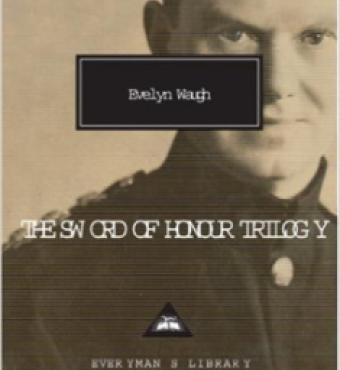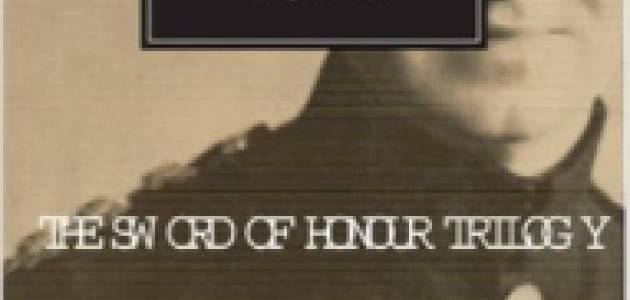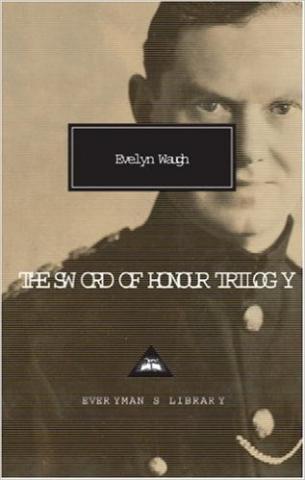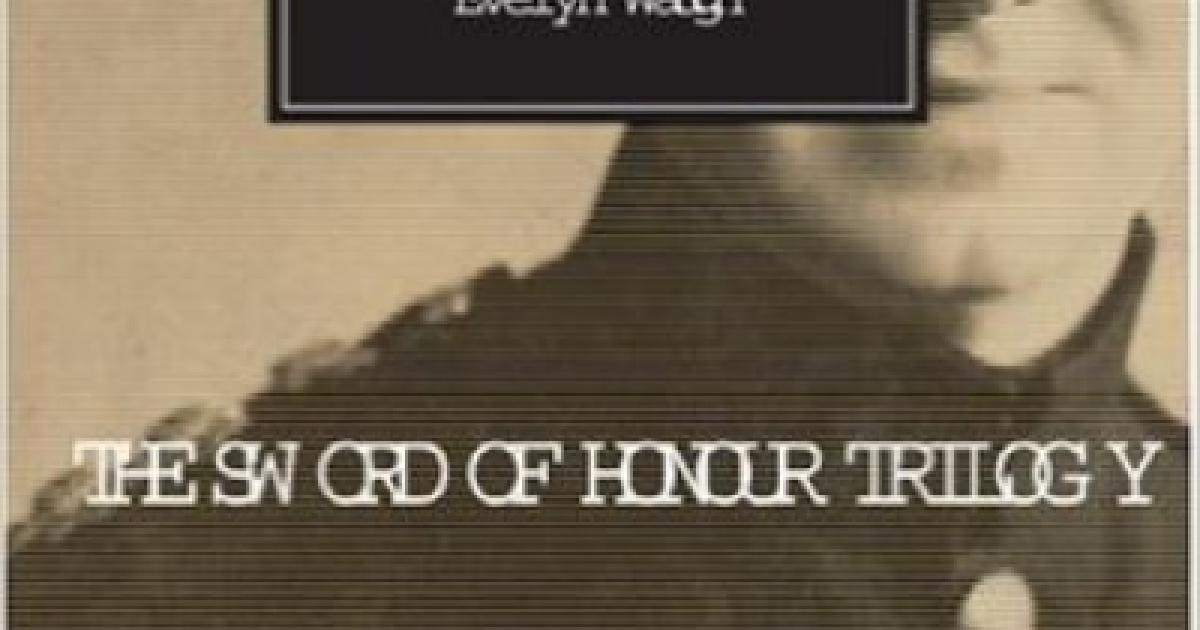- History
- Military
Waugh’s Sword of Honour trilogy—comprising Men at Arms, Officers and Gentlemen, and The End of the Battle [originally published in England as Unconditional Surrender]—was published between 1952 and 1961. It deserves to be known as the finest work of fiction to come out of World War II. Certainly it is far superior to juvenile novels such as Norman Mailer’s The Naked and the Dead or even Joseph Heller’s absurdist Catch-22. Closely based on Waugh’s own wartime experiences, the tragicomic volumes follow the adventures of Guy Crouchback, an English Catholic aristocrat who pines for an age of honor that is far removed from the brutal reality of mass warfare in the mid-20th century. His view is summed up at the very beginning: “The enemy at last was plain in view, huge and hateful, all disguise cast off. It was the Modern Age in arms.” The tone is ironical, and far removed from the smug satisfaction of “Greatest Generation” celebrations.
While Crouchback struggles to make a useful contribution to the war effort (he takes part in the debacle in Crete and later gets sent to Yugoslavia as a liaison officer to the Partisans), smarmy opportunists such as Trimmer, a onetime hairdresser, became celebrated heroes through pure artifice. The book abounds with examples of bureaucracy gone maddeningly wrong, and with memorable characters such as the one-eyed Brigadier Ritchie Hook, who is always dreaming up schemes to “biff” the enemy. Ultimately the tone is elegiac, because the books are suffused with awareness that the war is leading to the demise of the British Empire and giving rise to a monstrous tyranny—the Soviet empire—in place of the fascist dictatorships which are being defeated.







